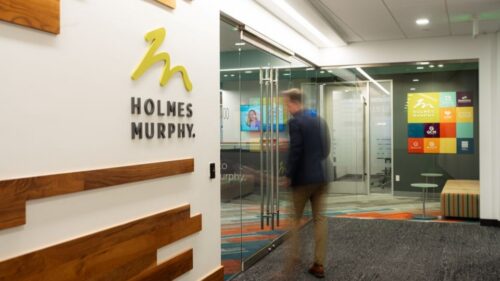Dash cameras have quickly become one of the most effective tools for trucking companies to protect their drivers, their reputation, and their bottom line. In today’s legal environment, where nuclear verdicts and false claims are more common than ever, having objective video evidence can make all the difference.
Accountability in Action
When a driver is not at fault, dashcam footage provides undeniable proof of what happened, saving both the driver and the company from costly lawsuits and reputational damage. On the other hand, the footage can still be a valuable resource when a driver is at fault, helping managers identify the root cause of the incident and providing opportunities for targeted training and coaching.
Turn Skepticism Into Trust
Despite these benefits, many fleets experience hesitation or resistance from drivers when implementing dashcams. The most common concern is that cameras are being used to “spy” on drivers rather than to protect them.
This makes communication and education key. It’s important for carriers to explain clearly that forward-facing dashcams are not about punishment—it’s about protection. When a driver is cut off, falsely accused of reckless driving, or blamed for an accident they didn’t cause, the camera is their best defense.
Sharing real world examples is often the best way to gain buy in. Stories of drivers who were immediately cleared of fault because of dashcam footage highlight just how powerful this technology can be. Knowing that a single video clip can prevent a career or company damaging accusation often shifts driver perception from feeling monitored to feeling supported.
Footage-Driven Feedback
Another valuable use of dashcams is in corrective action training. By reviewing footage of risky behaviors such as harsh braking, tailgating, or distracted driving, fleets can provide targeted coaching to drivers in a constructive way.
Instead of generic safety reminders, managers can use real examples from the driver’s own experiences to reinforce safer habits. This approach makes the training more meaningful, helps prevent repeat incidents, and shows drivers that the goal is improvement, not penalty.
From Monitoring to Meaningful Support
Dashcams protect both the driver and the fleet. They reduce claim costs, speed up investigations, improve insurance negotiations, and ultimately make the road safer for everyone. By framing dashcams as a shield rather than a spotlight, carriers can build trust, strengthen safety culture, and give their drivers the peace of mind that someone is in their corner when it matters most.
If you’re ready to activate a dash cam strategy or unsure what steps to take, the Holmes Murphy Transportation experts are here to help. Contact us today to get started.







